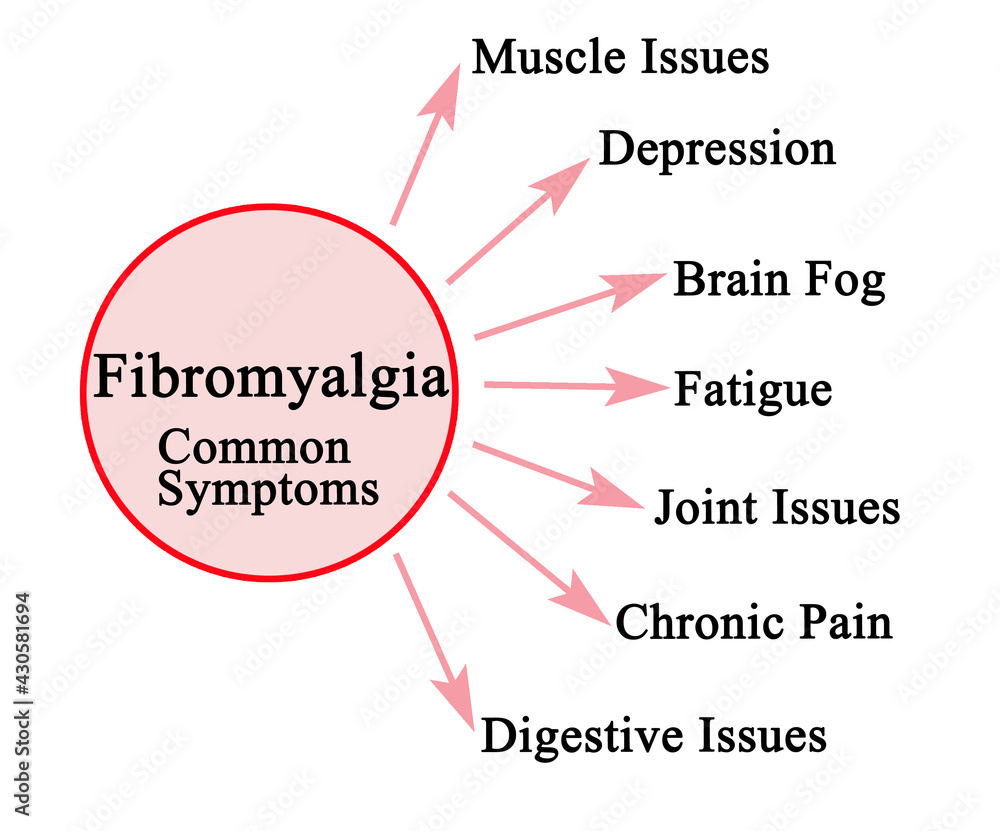
Managing Fibromyalgia Symptoms Cost in Tennessee
Fibromyalgia is a chronic pain condition that affects millions of people across the United States, including many residents of Tennessee. Characterized by widespread pain, fatigue, and cognitive difficulties, managing fibromyalgia can be both physically and financially taxing. Understanding the costs associated with managing fibromyalgia symptoms is crucial for those affected, as well as for their families and caregivers.
Understanding Fibromyalgia: A Brief Overview
Fibromyalgia is a complex disorder that can manifest in various ways. It is often accompanied by symptoms such as:
- Widespread musculoskeletal pain
- Fatigue and sleep disturbances
- Cognitive difficulties (often referred to as “fibro fog”)
- Depression and anxiety
According to the Centers for Disease Control and Prevention (CDC), approximately 4 million adults in the U.S. have fibromyalgia. This chronic condition can significantly impact daily living, work productivity, and overall quality of life.
The Financial Burden of Fibromyalgia in Tennessee
Managing fibromyalgia can be a costly endeavor. The financial burden is not solely due to direct medical expenses; it also includes indirect costs such as lost income due to missed workdays. In Tennessee, the average annual healthcare cost for individuals with fibromyalgia can range significantly based on the severity of symptoms and treatment options chosen.
Direct Medical Costs
Direct medical costs involve expenses related to:
- Doctor visits and consultations
- Medications (prescription and over-the-counter)
- Physical therapy and other therapeutic treatments
- Diagnostic tests and imaging
According to a study published in the National Institutes of Health, individuals with fibromyalgia spend an average of $4,000 to $10,000 annually on healthcare costs. These numbers can vary based on insurance coverage, the necessity of specialist visits, and the type of treatment utilized.
Indirect Costs
Indirect costs may include:
- Lost wages from time off work
- Reduced productivity while at work
- Cost of hiring help for daily tasks
In Tennessee, where the average annual salary hovers around $50,000, even a few days off work due to fibromyalgia can lead to significant income loss. Moreover, the inability to perform at full capacity can affect job stability and career progression.
Managing Fibromyalgia Symptoms: Treatment Options and Costs
There are several approaches to managing fibromyalgia symptoms, ranging from medications to alternative therapies. Understanding the costs associated with each can help patients make informed decisions.
Medications
Common medications prescribed for fibromyalgia include:
- Antidepressants: Drugs like Duloxetine (Cymbalta) and Milnacipran (Savella) are often used. These can cost between $30 to $300 per month without insurance.
- Anticonvulsants: Medications such as Pregabalin (Lyrica) can range from $50 to $800 per month, depending on insurance coverage.
- Over-the-Counter Pain Relievers: Non-steroidal anti-inflammatory drugs (NSAIDs) can cost $20 to $100 monthly.
Patients are encouraged to consult with their healthcare providers to determine the most cost-effective options that align with their treatment goals.
Physical Therapy and Alternative Treatments
Physical therapy is often recommended to help improve mobility and reduce pain. In Tennessee, the average cost for physical therapy sessions can range from $50 to $150 per visit. Patients may require multiple sessions weekly, leading to substantial costs over time.
Alternative treatments such as massage therapy, acupuncture, and chiropractic care may also provide relief. The costs for these treatments can vary widely:
- Massage Therapy: Typically ranges from $60 to $120 per session.
- Acupuncture: Can cost between $75 to $150 per session.
- Chiropractic Care: Average session costs range from $30 to $100.
Support Groups and Counseling
Emotional support is vital for individuals coping with fibromyalgia. Joining support groups or seeking counseling can provide essential coping strategies and emotional relief. Many organizations offer free or low-cost support groups, while private counseling sessions can range from $50 to $200 per hour.
Insurance Coverage and Financial Assistance
Navigating insurance coverage can be daunting, especially when dealing with a chronic condition like fibromyalgia. Understanding what your health insurance plan covers is crucial. Many plans cover:
- Doctor visits and consultations
- Medications (some plans may have a formulary that restricts coverage)
- Physical therapy and certain alternative therapies
For those in Tennessee facing financial hardship, several resources are available:
- Tennessee Department of Health: Offers information on healthcare services and potential assistance programs.
- National Fibromyalgia Association: Provides resources and support for those managing the condition.
- Non-profit Organizations: Many local charities and non-profits offer financial aid for medical expenses.
Real-World Examples
Consider the case of Sarah, a 35-year-old resident of Nashville, TN, diagnosed with fibromyalgia. Sarah’s monthly expenses include:
- $150 for medications
- $400 for physical therapy sessions (2x/week)
- $100 for counseling
In total, Sarah spends approximately $650 monthly on managing her symptoms. Fortunately, her employer offers health insurance that covers a significant portion of her medical expenses, allowing her to manage her condition more effectively.
On the other hand, John, a 50-year-old from Chattanooga, has been less fortunate. His insurance plan has high deductibles and limited coverage for alternative therapies. As a result, he spends over $1,000 monthly to manage his fibromyalgia symptoms, which includes out-of-pocket costs for medications and therapy sessions.
Living with Fibromyalgia in Tennessee
Living with fibromyalgia in Tennessee can be challenging, but understanding the costs involved and exploring various management strategies can significantly alleviate the financial burden. It is essential for patients to work closely with healthcare providers, insurance agents, and support groups to create a manageable plan that suits their needs.
Frequently Asked Questions
What is the average cost of treating fibromyalgia in Tennessee?
The average annual cost can range from $4,000 to $10,000, depending on treatment and severity.
Does insurance cover fibromyalgia treatments?
Many insurance plans cover doctor visits, medications, and physical therapy. However, coverage varies by plan.
Are there financial assistance programs for fibromyalgia patients in Tennessee?
Yes, resources such as the Tennessee Department of Health and various non-profits offer financial assistance and support for patients.
Managing fibromyalgia symptoms in Tennessee may be challenging, but with the right resources and strategies, individuals can find a path to improved quality of life.
